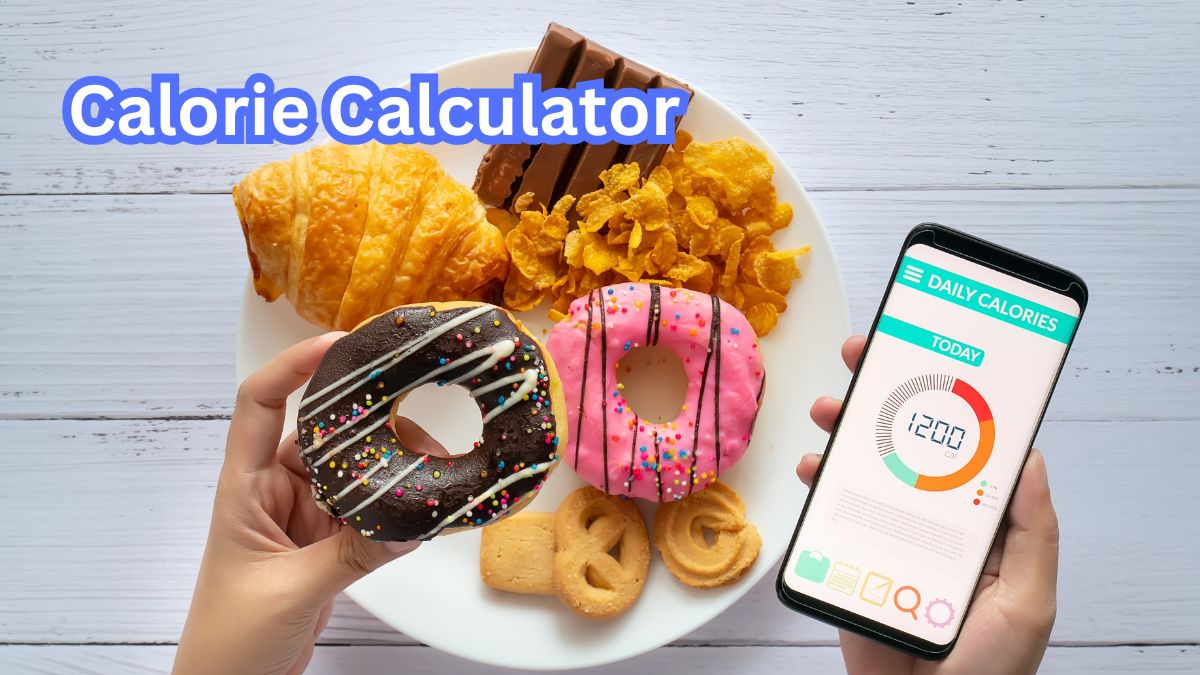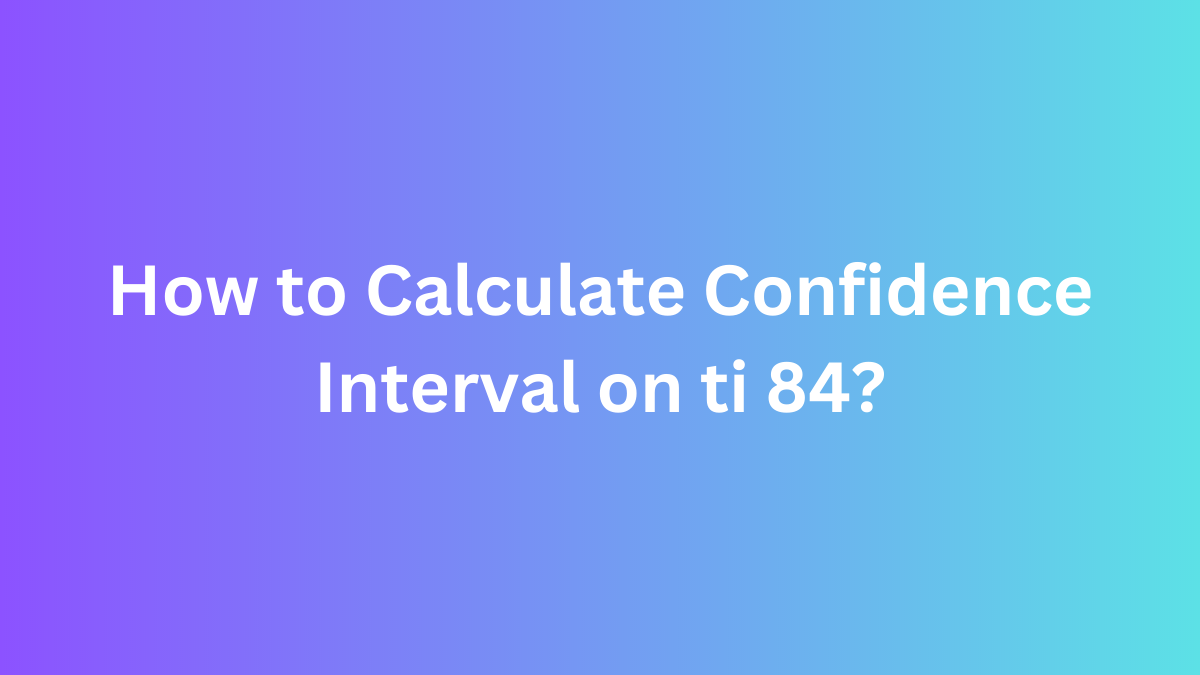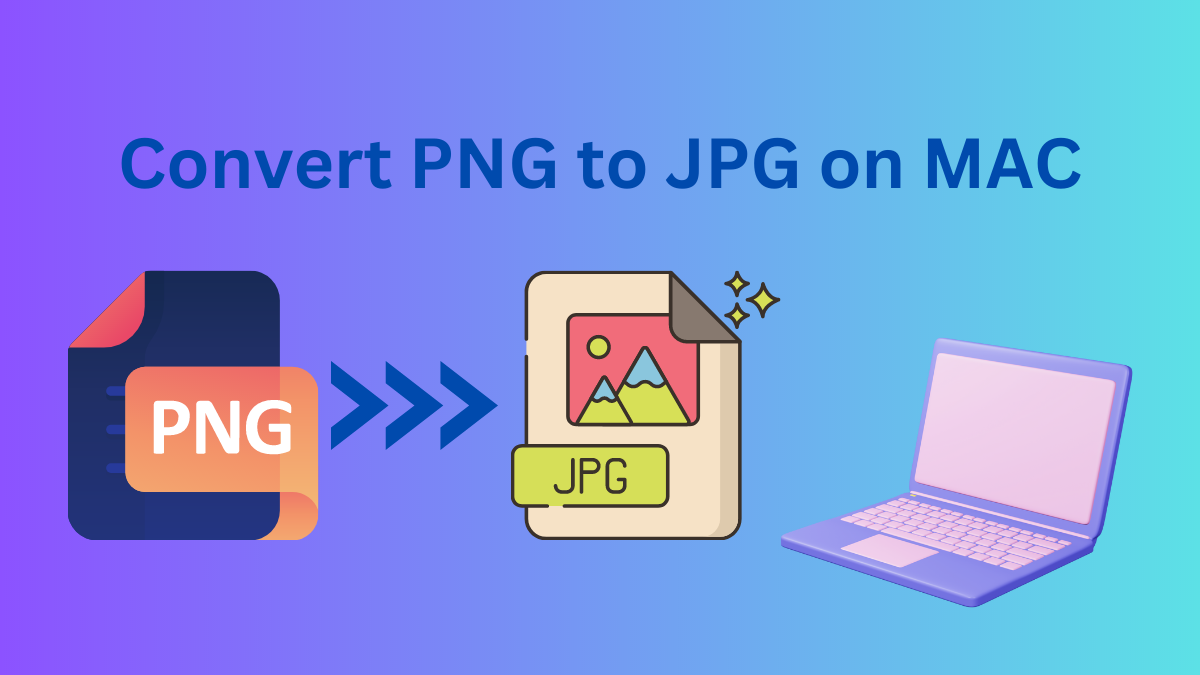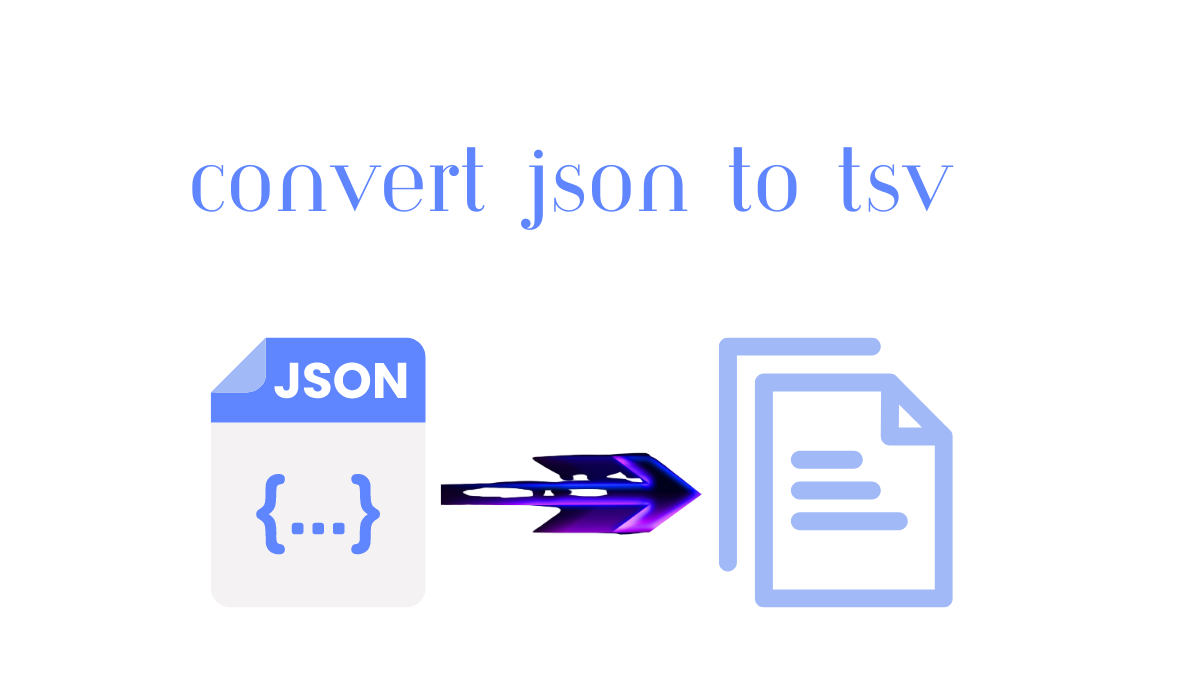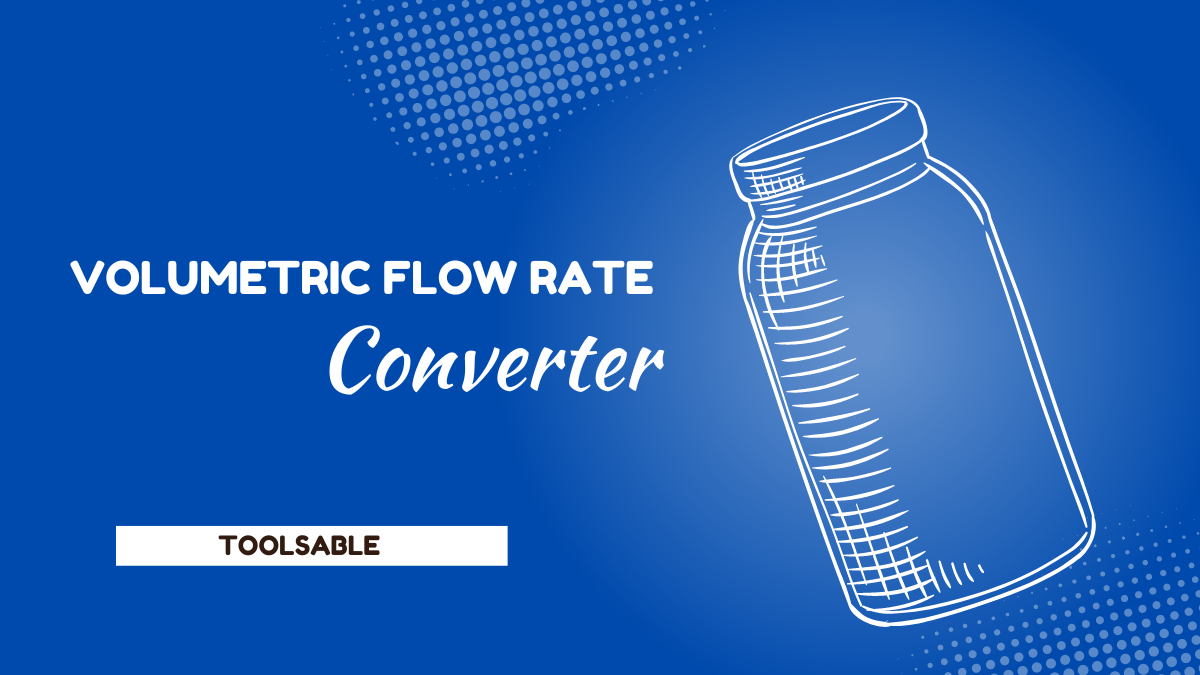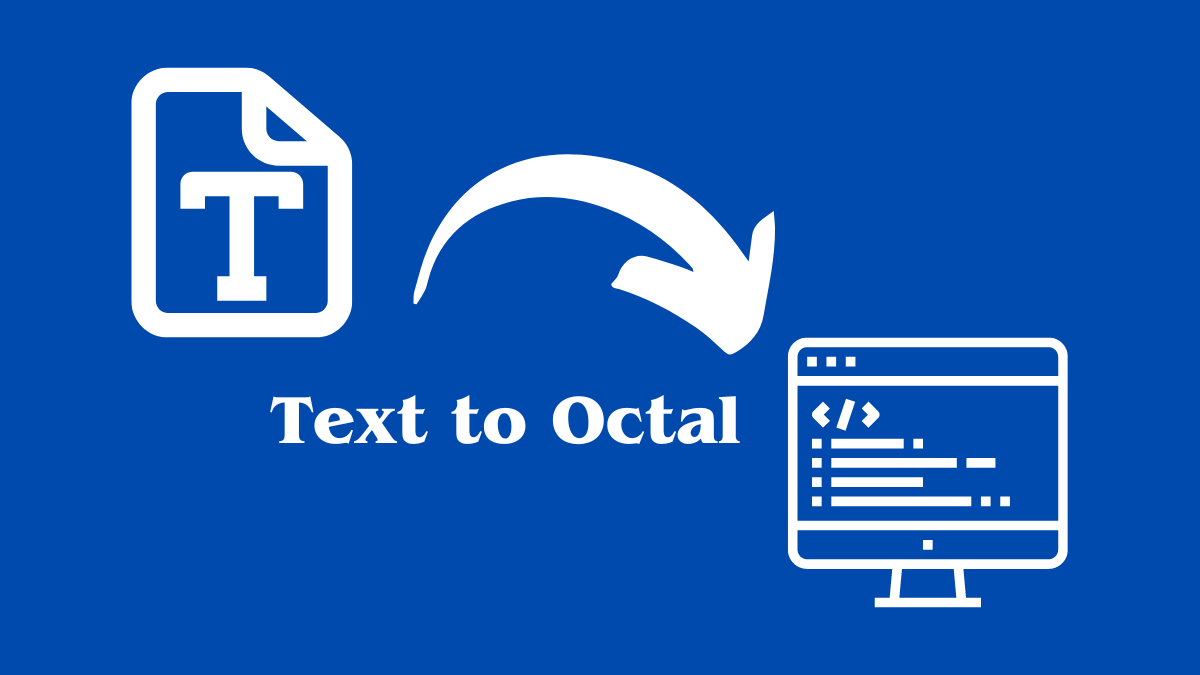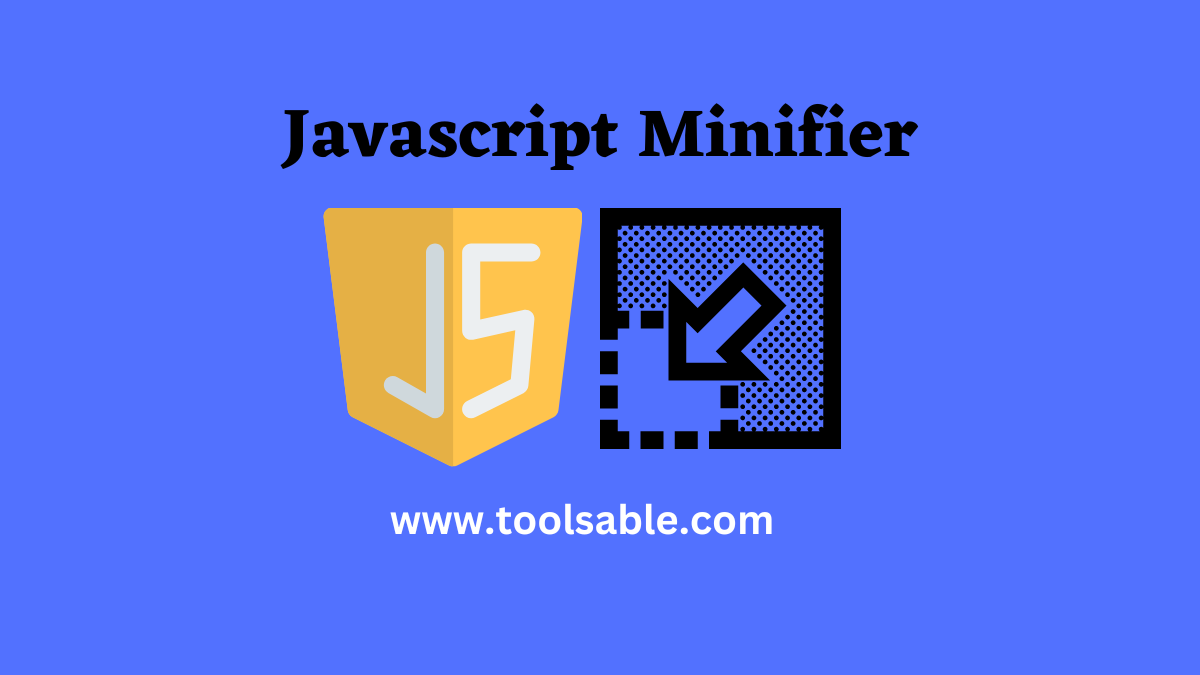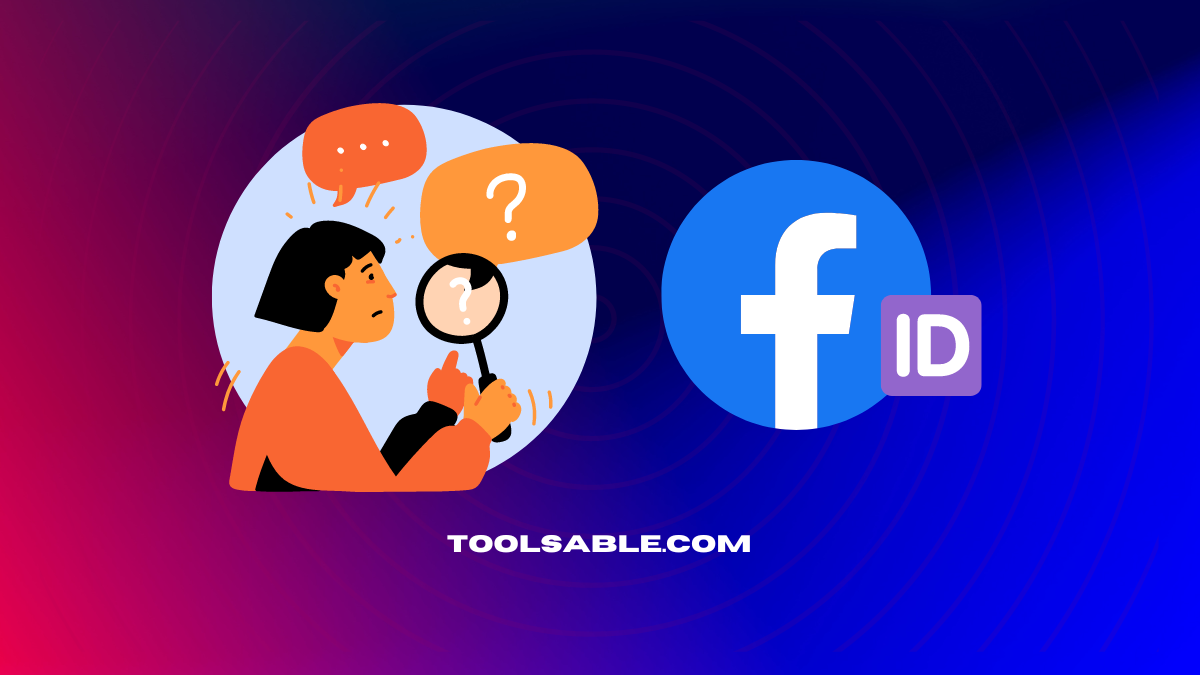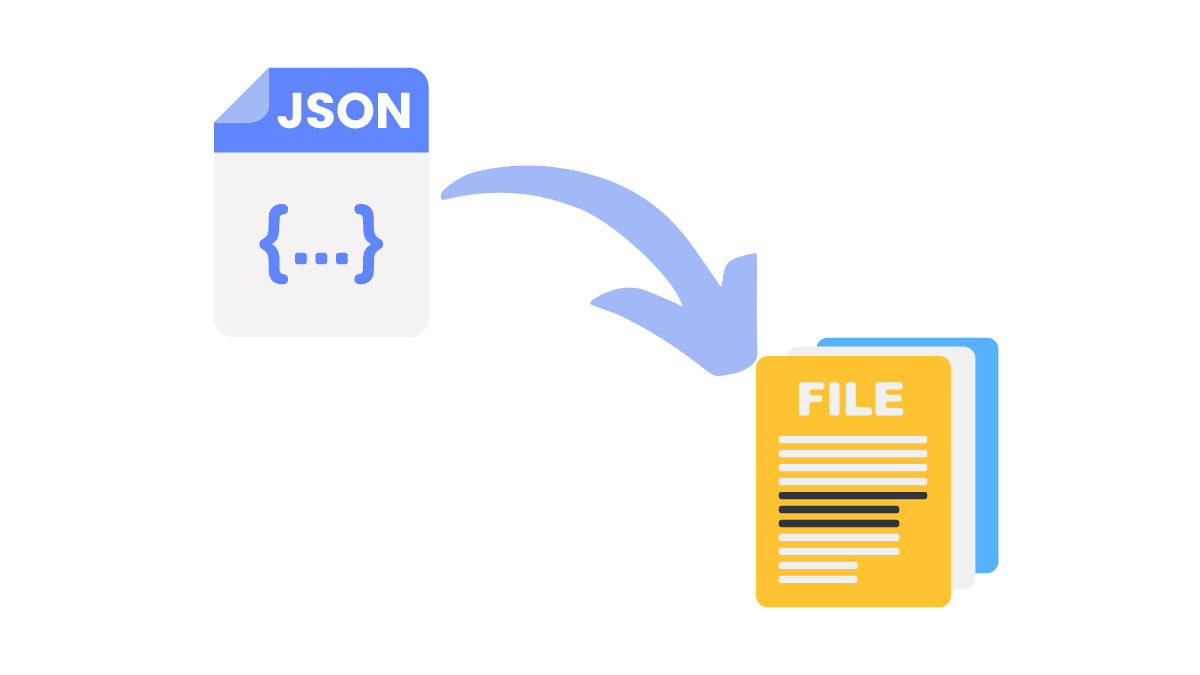
Crafting a Privacy Policy with a Privacy Policy Generator
Privacy is more important than ever in today's world. People and businesses are sharing more and more data online, so it's important to have a strong policy to protect sensitive info. Writing a privacy policy can be intimidating, but don't worry, there are tools that can make it a breeze. In this post, we'll look at how to create a detailed privacy policy with a privacy policy generator.
What is Privacy Policy Generator?
A privacy policy generator is a web-based tool that enables individuals and businesses to create personalized privacy policies that are tailored to their individual needs. It’s a lifeline for website owners that want to make sure they’re collecting, using, and protecting user data in compliance with the law.
Why Do You Need a Privacy Policy?
Safeguarding User Trust
Trust is king in the digital world. A well-written privacy policy demonstrates your dedication to protecting your users' personal data. It lets people know how you manage their information, giving them confidence in your site or app.
Legal Compliance
Privacy policies aren’t just a formality, they’re often a legal requirement. Regulations such as the General Data Protection Regulation (GDPR) and the Consumer Data Protection Act (CCPA) require businesses to have transparent and easily accessible privacy policies. Violations can result in significant penalties.
Transparency is Key
A privacy policy lets people know what kind of data you're collecting, why you're collecting it, and what you will do with it. It's a transparency tool that helps build trust and credibility.
Using a Privacy Policy Generator
It can be tricky if you're starting from scratch to create a privacy policy. But privacy policy generators make it a breeze! Here's a quick guide to using one.
Step 1: Choose a Reputable Privacy Policy Generator
- There are many privacy policy generators out there, and it's super important to pick a good one.
- Ensure you're looking for one that meets international privacy standards and has good user reviews.
Step 2: Enter Your Business Information
- Provide your business details, including the company name, address, and contact information.
- This helps personalize the policy to your specific needs.
Step 3: Specify Data Collection
- Clearly outline what types of data your website or app collects from users.
- This can include personal information like names, email addresses, and payment details.
Step 4: Explain Data Usage
Detail how the collected data will be used. Will it be used for marketing, account creation, or order processing? Transparency is key.
Step 5: Address Data Protection
- Describe the security measures in place to protect user data.
- This can include encryption methods, secure servers, and regular security audits.
Step 6: User Rights
- Inform users about their rights concerning their data.
- This includes the right to access, correct, or delete their information.
Step 7: Cookies and Tracking
- If your website uses cookies or tracking technologies, disclose this information.
- Explain how these technologies work and their purpose.
Step 8: Privacy Contact Information
- Provide a way for users to contact you with privacy-related concerns or questions.
- This adds a human touch to your policy.
Benefits of Using a Privacy Policy Generator
Time and Cost-Efficient
- Hiring a lawyer to draft a privacy policy can be expensive.
- Using a generator is a cost-effective alternative that saves time and money.
Legal Expertise at Your Fingertips
- Privacy Policy Generators are developed by legal experts who understand the intricacies of data protection laws.
- This expertise ensures that your policy is comprehensive and accurate.
Peace of Mind
- Knowing that your privacy policy is legally sound provides peace of mind.
- It reduces the risk of legal issues down the line and allows you to focus on growing your business.
Crafting a User-Friendly Privacy Policy
A well-crafted privacy policy should be:
- Clear and Understandable: Avoid legalese and use simple language the average user can comprehend.
- Concise: Keep it brief and to the point. Lengthy policies are less likely to be read and understood.
- Accessible: Ensure your policy is easy to find on your website or app. Most businesses place it in the footer or menu.
- Updatable: Regularly review and update your policy to reflect changes in your data practices.
Conclusion
A privacy policy is more than a legal obligation in today’s digital world. It’s a way for you to build trust and transparency with your users.
A privacy policy generator makes it easy for you to create a fully-filed, legally-binding privacy policy that aligns with your unique data practice.
Don’t wait until it’s too late. Build trust and compliance with your privacy policy today.
Frequently Asked Questions
Is a Privacy Policy Generator legally binding?
Yes, a Privacy Policy generated by a reputable tool is legally binding as long as it accurately reflects your data practices.
Can I use a free Privacy Policy Generator?
While there are free generators available, it's advisable to use a paid service for comprehensive and legally sound policies.
How often should I update my Privacy Policy?
You should update your Privacy Policy whenever there are changes in your data handling practices or when new privacy regulations occur.
Can I use a single policy for multiple websites?
No, having a unique policy for each website or app is best, as data practices may differ.
What happens if I don't have a Privacy Policy?
Without a Privacy Policy, you risk legal consequences, including fines and damage to your reputation.
Are there industry-specific Privacy Policy Generators?
Some generators cater to specific industries like e-commerce, healthcare, or SaaS.

Sonam Tobgay
Founder
Your journey is never right or wrong, good or bad but it’s just different. We are on our own journey with very own unique adventures in life. Make choices for yourself and for nobody else because you will be never enough for them. Perfection is what I perceive as an illusion and authenticity is what I strive for. Life is a journey with never ending learning. Priorities change, so the circumstances and people but you find yourself. And you might actually like that. So, take pleasure in small things, be grateful and be who you are. It is never too late to become who you might have been.






